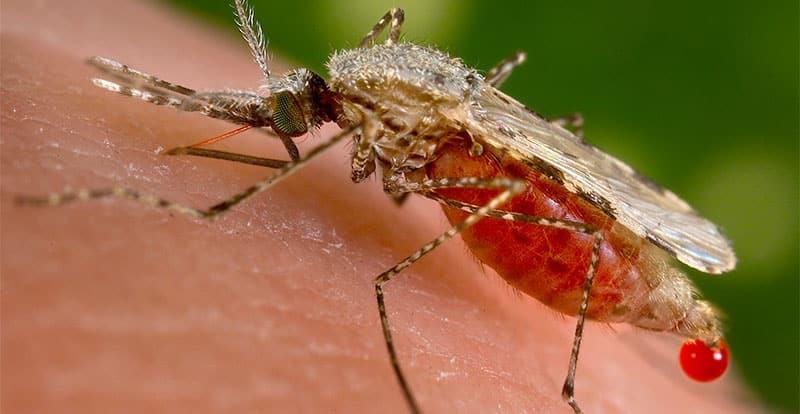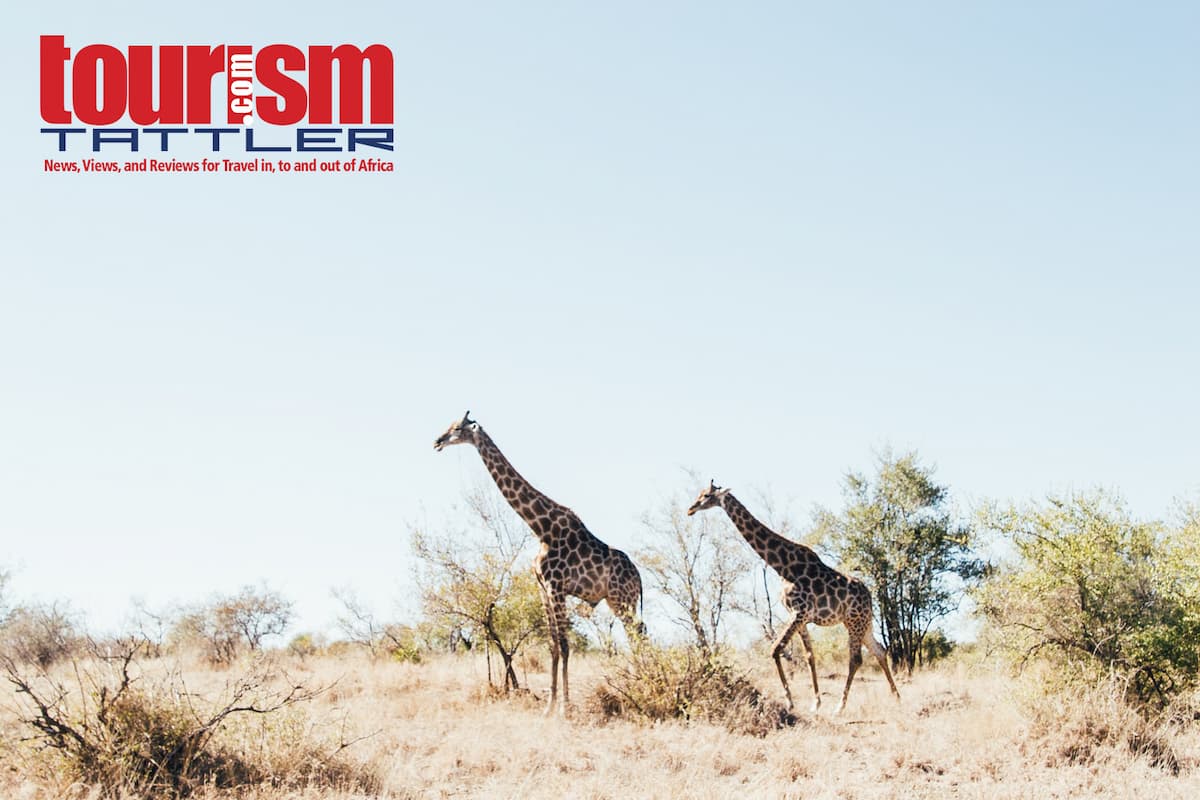How to Protect Your Health When Travelling to Foreign Places
The reasons why people travel vary widely. But nobody travels abroad to contract a deadly virus. Yet, the chances of that happening are high. For this reason, it’s important to take precautions when travelling to foreign places. As a much as a visit to your doctor is important prior to a trip, there are
Here, then, are 3 ways to ensure your health when travelling to foreign places.
1. Do Research
Before you travel to foreign places, consider the risks. Important considerations may include:
- Climate – The type of climatic conditions
- Health – What contagious diseases could be present in your travel destination?
- Altitude – Travel to high altitude regions can lead to medical problems, from mild symptoms of mountain sickness to potentially fatal high-altitude pulmonary oedema. The higher the altitude, the greater the risk.
- Activities – Are there poisonous reptiles or insects that you need to safeguard yourself from?
It’s also important to check for security warnings and travel advisories regarding your destination. As they say, it’s better to be safe than sorry. Additionally, you should consider which parts of your travel destination are the safest and best for tourists. Dr Todd Watts warns that international travellers should always take extra precautions when visiting certain locales.
2. Medication and Vaccines
Before departing, it’s imperative to determine if there are any vaccines that you need to take. There are places in the world that are never advisable to visit without taking certain vaccination shots. Some common vaccines issued to travellers
3. Take Your Own First Aid Kit
Taking your own first aid kit on a trip will ensure that you can deal with minor emergencies quickly. You never know when cuts, bruises, and sprains will happen, and it’s best to be prepared. If you’re considering outdoor activities, such as hiking, then hand sanitizers, tissues, and sunburn gels will come in handy.
4. Carry Insect Repellents
It’s always advisable to be prepared by taking preventative measures. If your planned travel activities involve camping and hiking, you’ll need to repel mosquitoes, ticks, and tsetse flies with a good insect repellent. You may also need to treat resulting bite inflammations with an antihistamine cream to alleviate itching.
5. Stay Hydrated
Nothing is more important than water as far as your health is concerned. Consuming enough water comes with many science-proven benefits. If you’ll be visiting a very hot and humid area, it’s important to ensure that you stay hydrated. This will help to replace the water lost through sweating while keeping your biological processes optimal. On the other hand, it’s important to check the water you drink. Just don’t go round asking for ice. It’s best to carry along a water purifier if you can, since it’s not everywhere that you’ll find clean, purified, drinking water.
6. Eat Healthy
There’s a lot to cover when it comes to food and beverages. For starters, travelling can be really demanding when it comes to energy. This is one of the reasons why you will always feel tired after a long drive or a couple of hours on a plane flight. What you consume during your travel trip will obviously have an impact on your health. While exploring foreign cuisine is part of the travel experience, it is important to be careful where you eat!
Basically, it all boils down to how the food has been prepared, where it has been sourced from and most importantly, how it is handled when cooked. Hygiene is always paramount when handling and preparing food. If you feel the urge to sample street food or eat at a local restaurant, choose a place that observes and maintains high hygienic standards. You don’t want to deal with diarrhoea or food poisoning in the midst of your vacation or business travel.
Apart from the above precautionary steps, you’ll need to know how to deal with jet lag. Always ensure to get enough rest and fresh air. You may also need to go slow on dehydrating drinks such as coffee and alcoholic beverages. With the above tips, however, protecting your health when travelling to foreign places can be assured.




